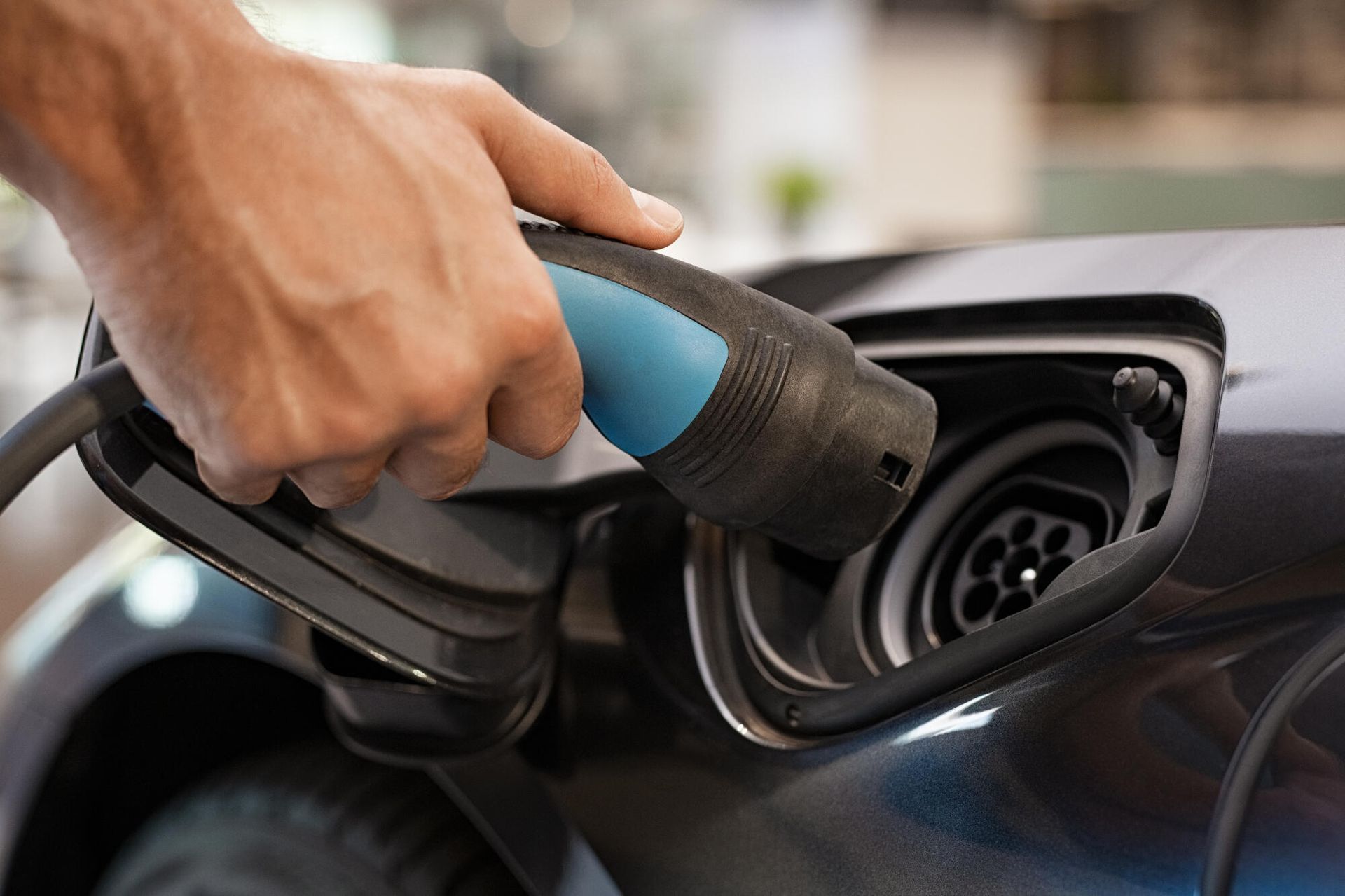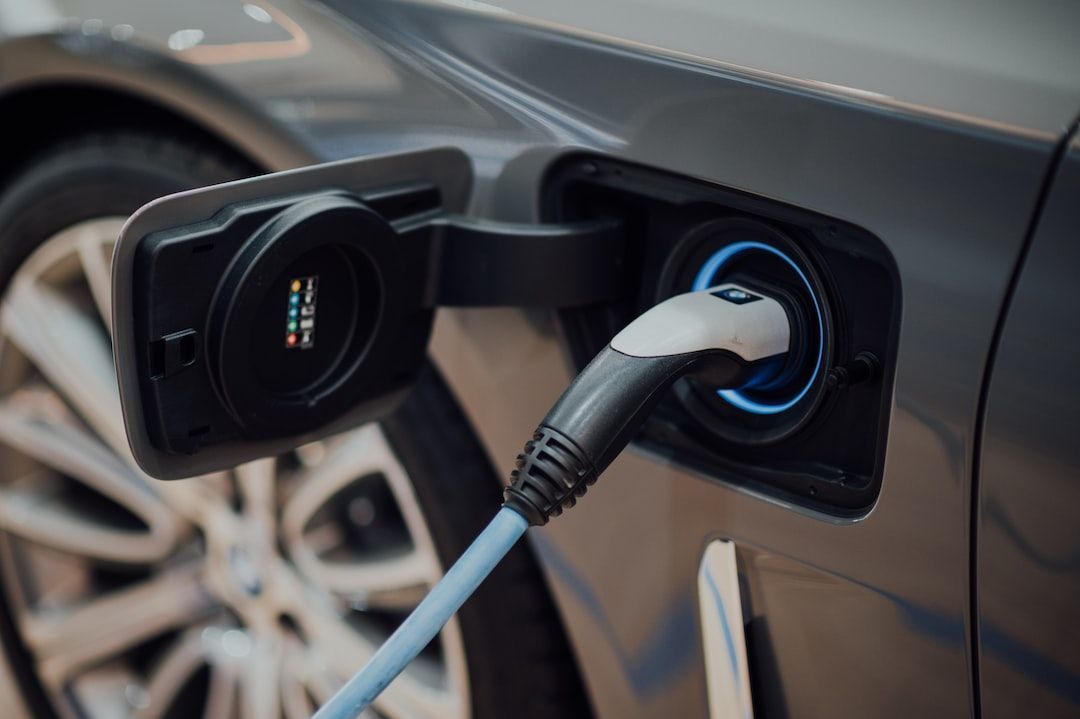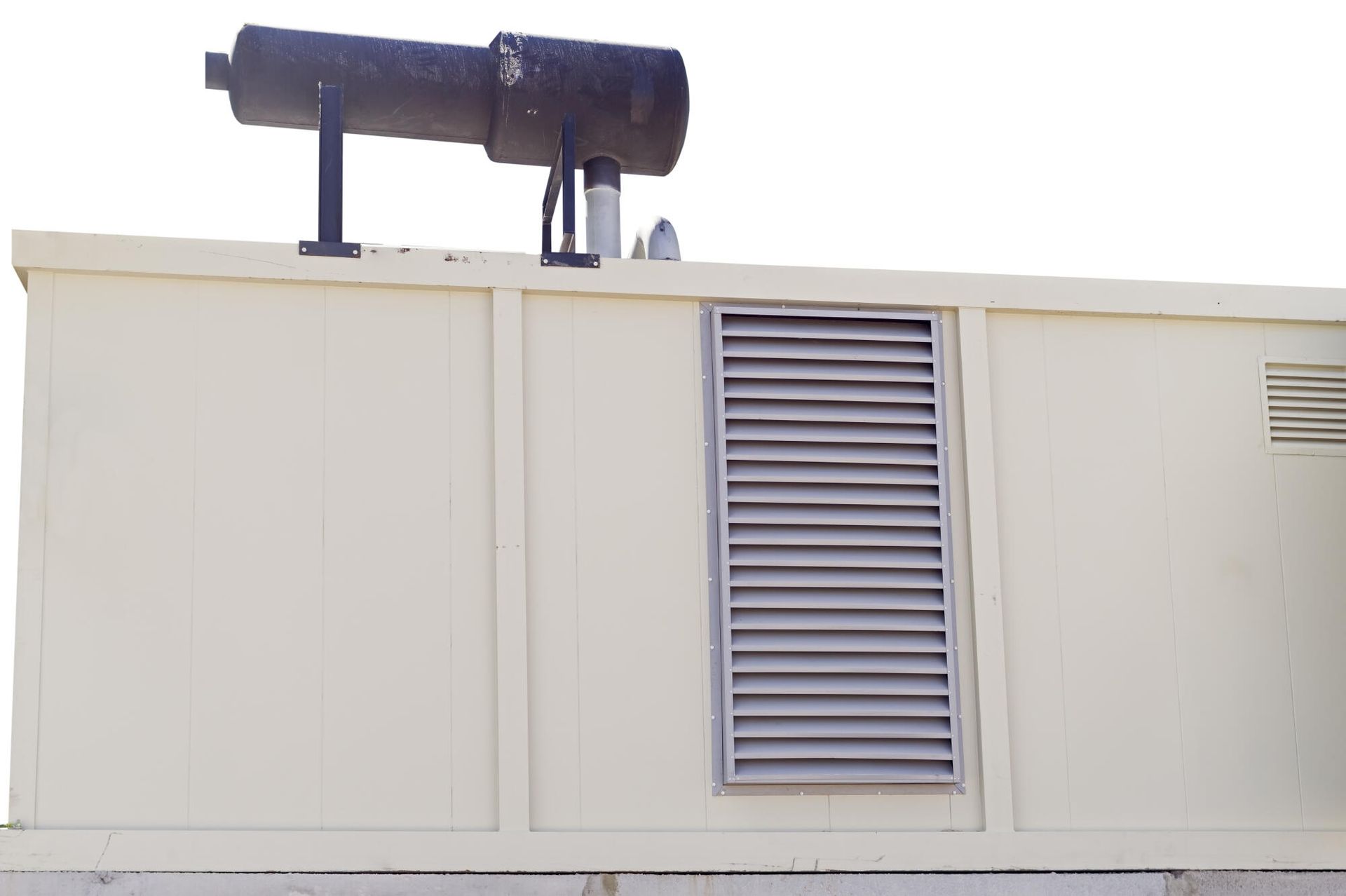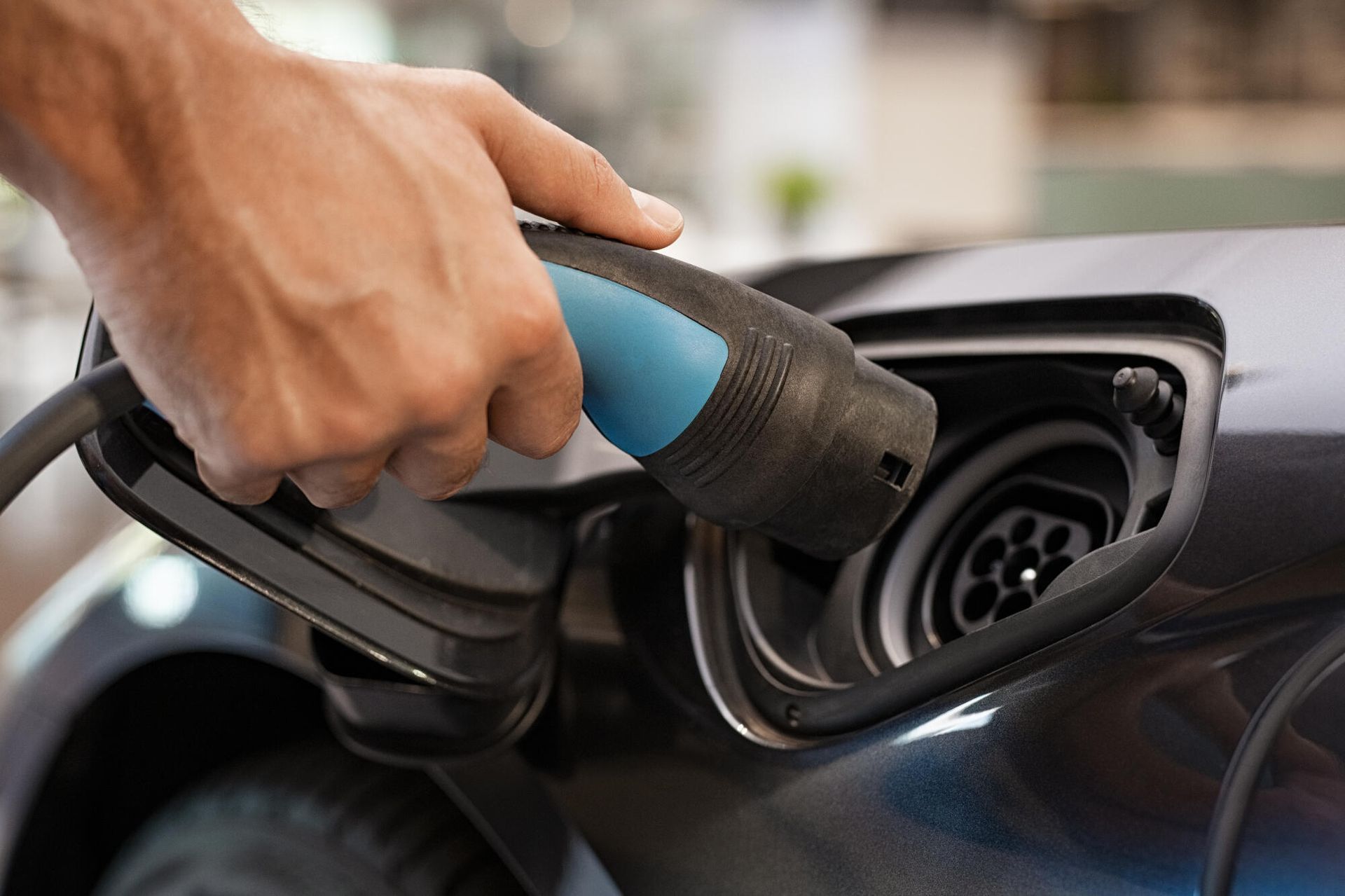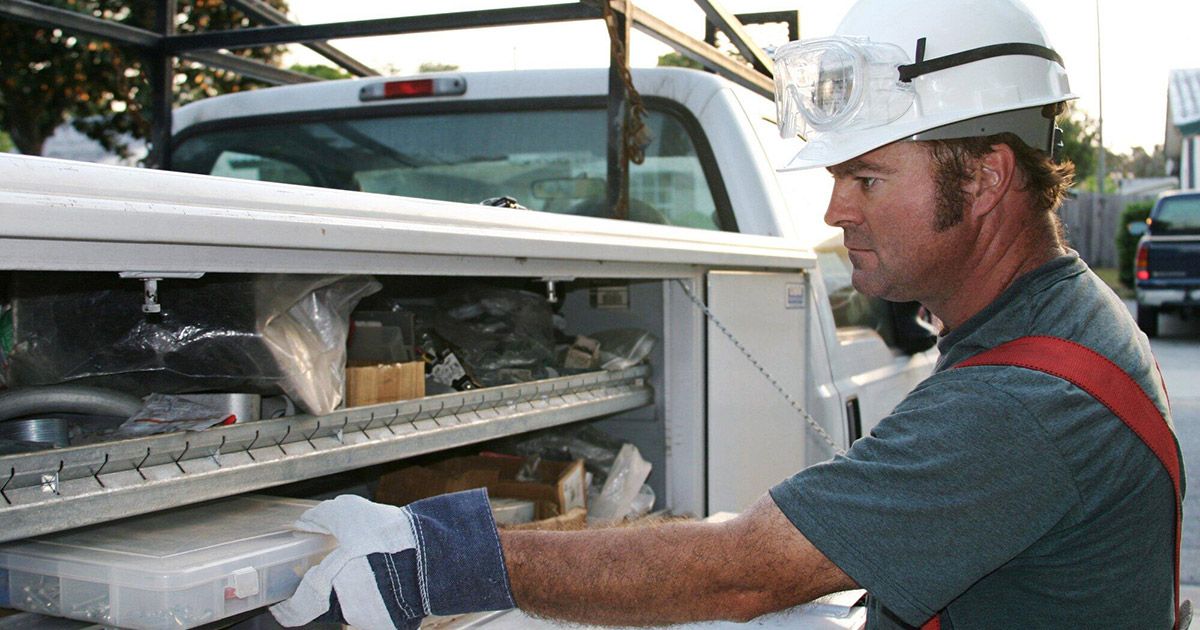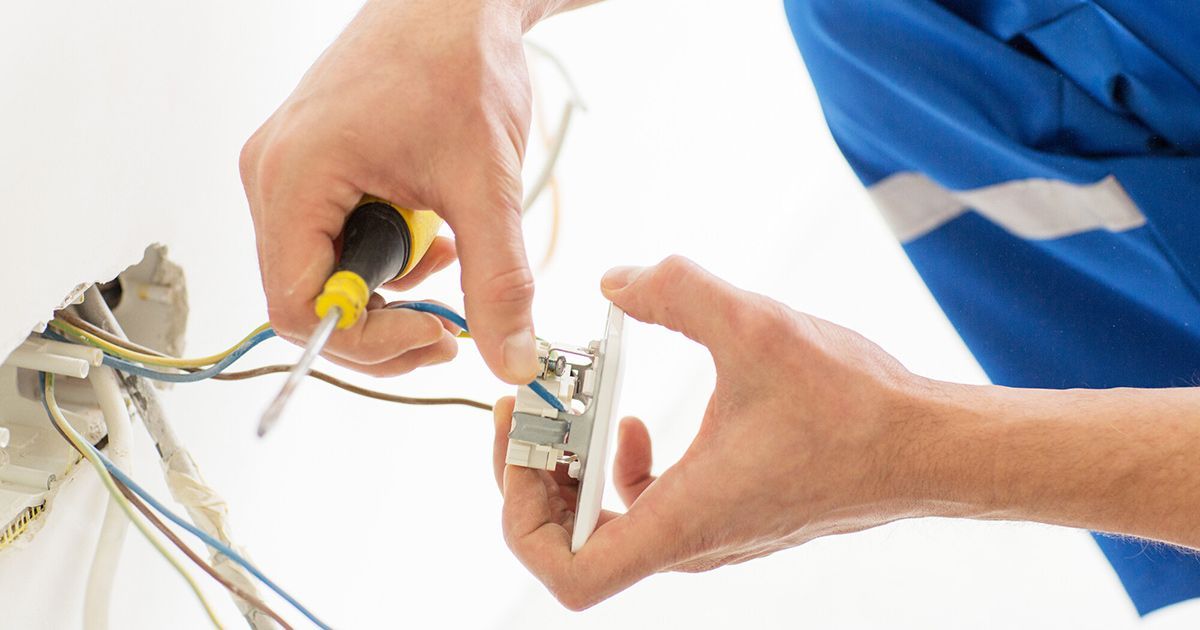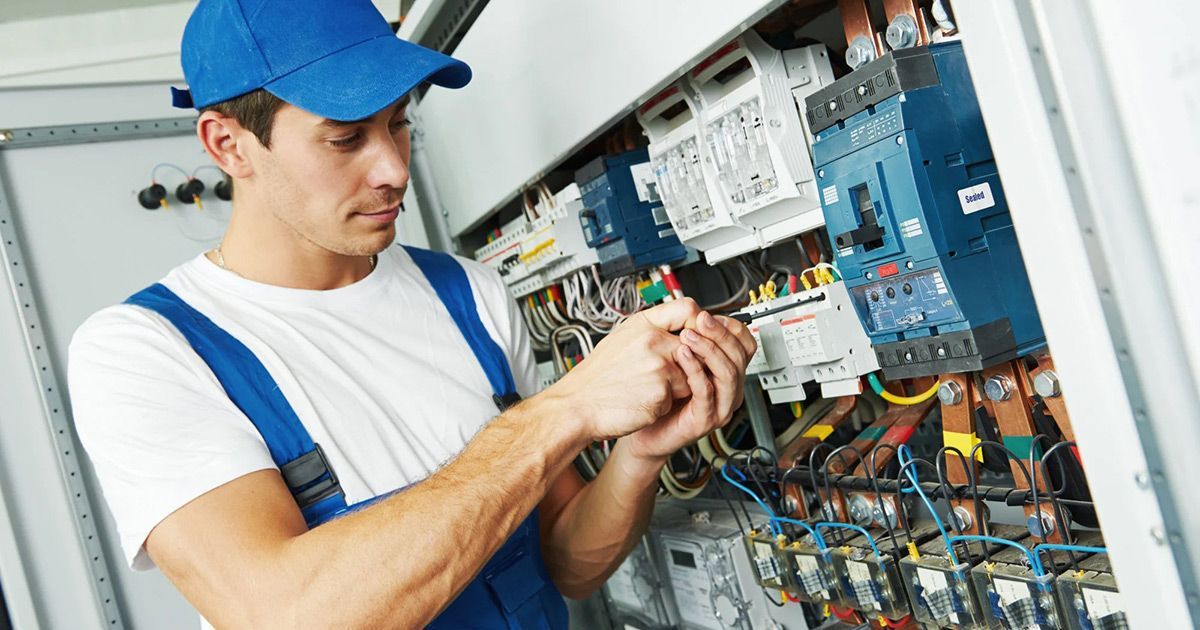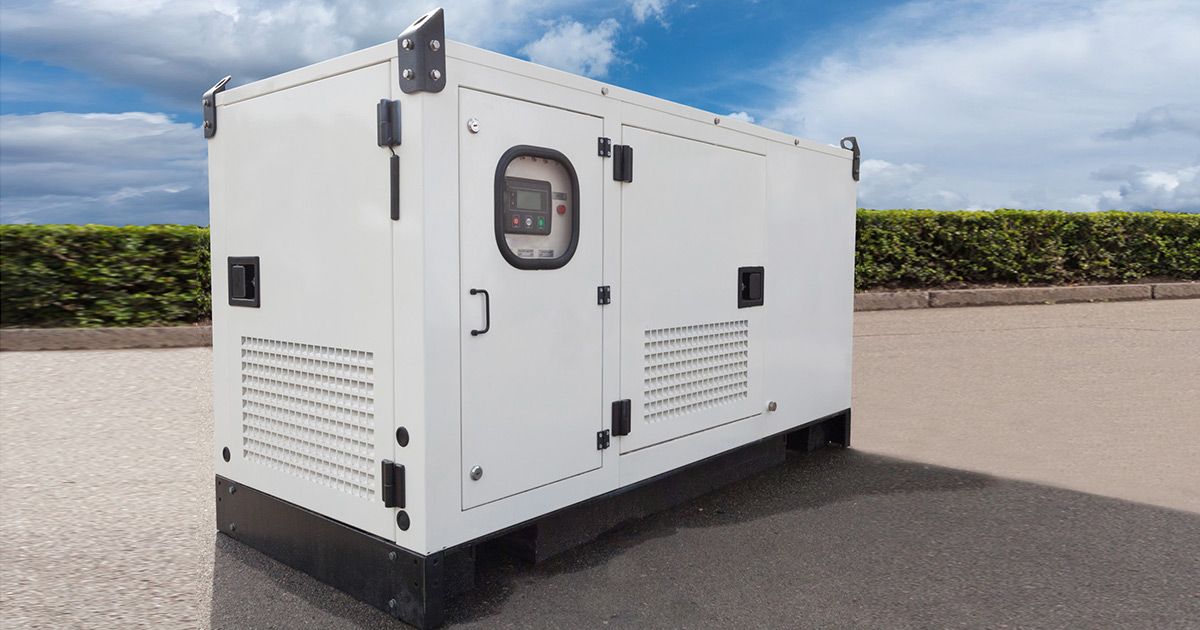Call Us for a Free Estimate Today!
Northern Virginia
NC and SE Virginia
Maximizing Your Home's Electrical Capacity for Tesla Charging
Anyone who's driven a Tesla will tell you it's the future of driving. Being able to charge your car from the comfort of your home truly feels like something from science fiction. The trouble is, what if your home electrical system is stuck in the past? Without a powerful home power supply, there's a risk your Tesla could fry your service panel or even cause an electrical fire.
But you shouldn't let your old wiring prevent you from having a great Tesla experience. By learning a few Tesla charging tips, you'll be able to adapt your home to accommodate one of these incredible vehicles.
Want to learn more about the best Tesla charger for home use and how you can transform even the most ancient power grids without blowing things up? Read on to learn how.
Make Sure Your Home Can Accommodate Tesla Charging
Hopefully, you're familiar with your home's electrical service panel, which is responsible for safely distributing power throughout your home. The Electrical Safety Foundation describes how this panel has breakers that protect your appliances from electrical overload. If electricity levels get dangerously high, the breakers turn off, interrupting the circuit and protecting your household from harm.
You'll Need to Meet the Tesla Charging Requirements
If you want to get the most efficient car charging, you'll need to ensure your panel has adequate capacity to safely add a Tesla charger. The power you'll need depends entirely on the charger type. If you aim to get the fastest possible charging times, you may have to consider a home electrical upgrade.
Level One Chargers
Level One chargers are widely compatible, and most home electrical systems should be able to accommodate them. They use a standard 120-volt outlet, and as long as you don't have an ancient electrical panel, you should be able to accommodate one. The downside is that these chargers will charge your Tesla quite slowly.
Level Two Chargers
Level Two chargers use a 240-volt outlet, charging your vehicle significantly faster than the Level One option. Unfortunately, installing a dedicated Level 2 charger without upgrading your electrical panel will likely cause problems. Unless you own a house constructed fairly recently, you'll probably have to take measures to optimize your home power supply.
Manage Circuit Loads
When adding a charging station to your home, you must consider your household circuit loads. Failing to do so will likely result in tripped breakers or electrical fires if your electrical panel isn't safely configured. Every home electrical system has a maximum possible capacity, and it's crucial that your total power consumption across all your devices and appliances doesn't exceed it. In most households, maximum load is more of a theoretical issue because the total electricity load doesn't ever come close to the maximum.
However, charging an electric vehicle uses a lot of electricity, so it's quite possible that charging your Tesla will make you hit the maximum circuit load for the first time.
Strategic Scheduling
Most homes have obvious peak electricity usage times, such as before meal times when multiple power-hungry kitchen appliances are in use. If you're lucky, you'll only hit peak capacity if you try to charge your Tesla during these peak hours. By strategically scheduling your charging times, you can avoid overloads, potentially saving you from having to do costly upgrades to your electrical system.
Load Management Systems
If you're going to the airport to catch a flight or need to pick up your child during an emergency, your car is an important tool. You won't have time to wait around for a convenient time to charge your vehicle. According to Ampcontrol Technologies, a dynamic load management system can eliminate the need for strategic scheduling.
Instead of tripping the breaker because of an overload, these systems will divert power from elsewhere to accommodate your vehicle charger. If there's no spare power available, the system adjusts itself, and your car will charge slightly slower instead of tripping the breaker. Homes of the future will come preloaded with the best Tesla charger for home use, thanks to this technology.
Alternative Power Sources
So, maybe you have an old home with an electrical panel that struggles even to run your appliances, let alone charge a Tesla. Does this mean you're simply locked out of the electric vehicle market? Thankfully, the answer is no-there are still ways to charge your Tesla.
For example, solar-powered charging allows you to charge your car independently of your home power grid. Not only is this a charging method that won't overload your electrical panel, but it could also pay for itself in long-term savings.
Sure, there's an initial investment, but according to the Office of Energy Efficiency & Renewable Energy, the energy you get from solar panels is essentially free once you've paid off the initial costs.
Don't Risk DIY
DIY and electricity simply don't mix. To work with home electrical circuits, you need extensive knowledge and training. Amateur electricians routinely cause fires, serious injury, and even death.
Electric vehicle chargers are some of the most powerful electrical devices you can hook up to your home grid, so the risks of DIY are even higher. If you're in the mood for some weekend DIY, stick to carpentry or other safer projects and leave the dangerous electrical work to the professionals.
To make matters worse, DIY installation could even void the warranty on your Tesla--don't risk it!
Keep These Tesla Charging Tips in Mind
Making sure your house can safely handle a Tesla charger requires more than just plugging it in. You need to know how much electricity your home can handle, and sometimes, you may need to upgrade or use alternative power sources.
Hiring a qualified expert is non-negotiable when making changes to your electrical system.
Are you looking for an expert electrician to help you get the best Tesla charger for home use? Established in 1998, Vancelectric is one of the most qualified companies for the job in Northern Virginia. Our fully licensed master electricians will use all their skills, experience, and knowledge to optimize your electric vehicle charger. Contact us today to learn more about our Tesla charger installation services and flexible financing options.
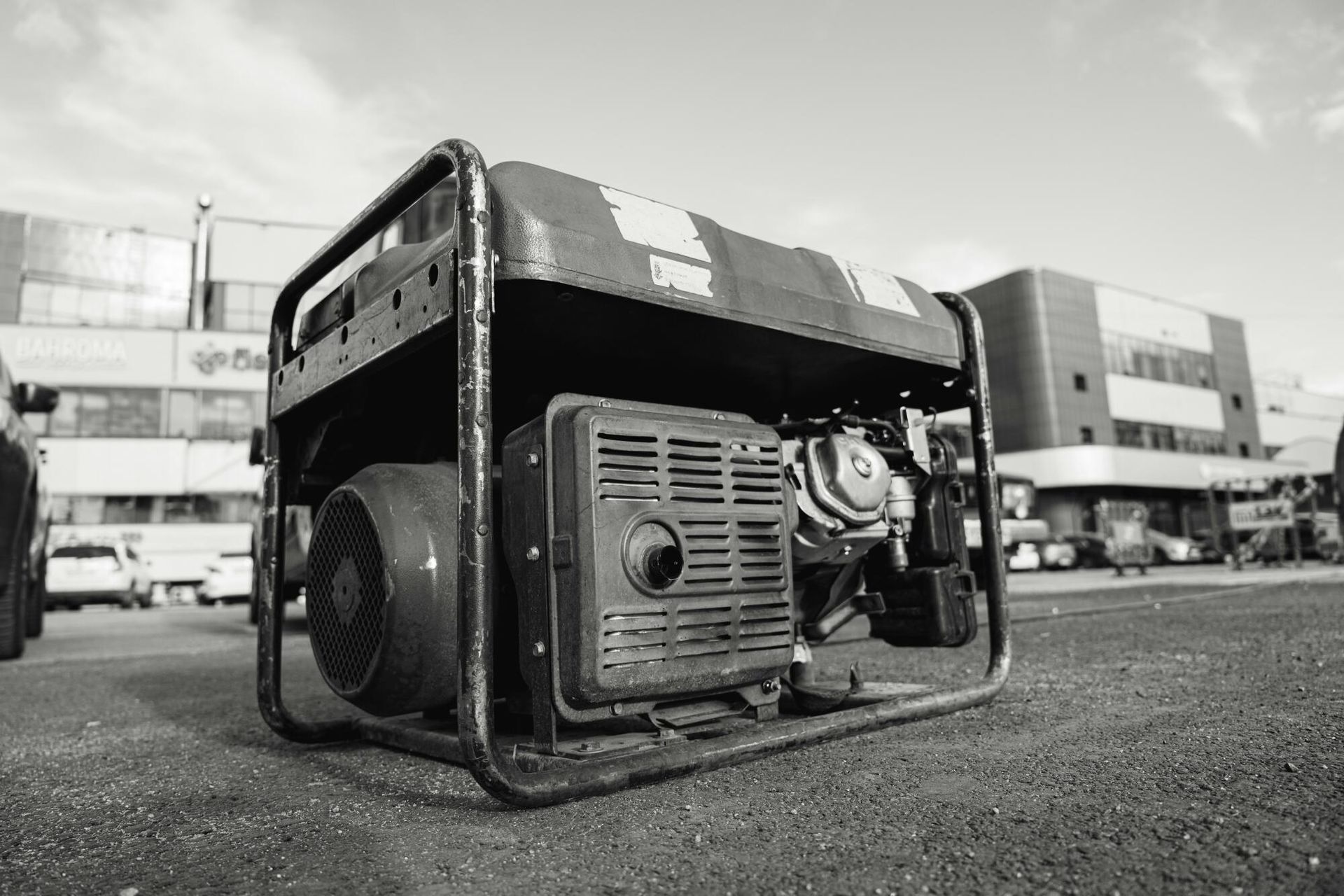
Website designed and maintained by Xpress, INC
All Rights Reserved | Vancelectric, LLC

